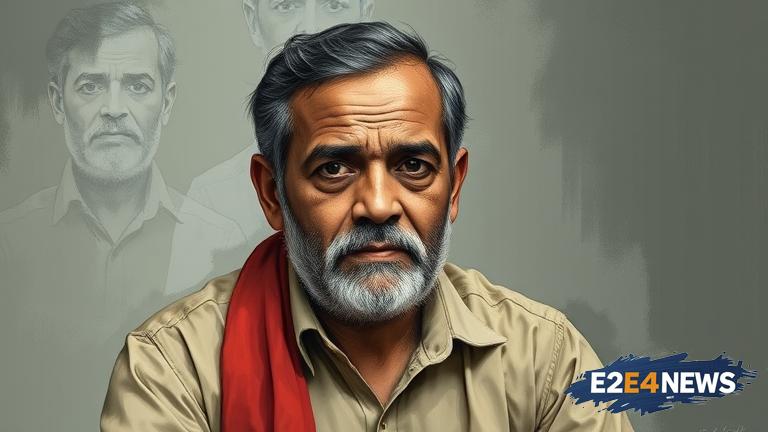In a shocking turn of events, a 75-year-old man from Gwalior has confessed to a theft he committed in 1976, putting an end to a 49-year-long legal battle. The man, who was 26 years old at the time of the crime, had been fighting the case in court for nearly five decades. The theft, which took place on October 25, 1976, involved the man stealing a bicycle from a local resident. The case was initially registered at the Gwalior police station, and the man was arrested and charged with theft. However, he managed to secure bail and has been fighting the case in court ever since. Over the years, the case has changed hands several times, with multiple judges hearing the case and numerous adjournments. Despite the passage of time, the man continued to maintain his innocence, denying any involvement in the theft. However, in a surprising move, the man recently approached the court and confessed to the crime. The court has accepted his confession and is expected to pronounce its verdict soon. The case has been hailed as a rare example of a person confessing to a crime after such a long period of time. The man’s decision to confess has been attributed to his advancing age and a desire to clear his conscience. The case has also raised questions about the efficacy of the Indian justice system, with many wondering how a case could drag on for so long. The man’s confession has also sparked debate about the need for reform in the Indian justice system, with many calling for measures to speed up the disposal of cases. The case is also being seen as a testament to the perseverance of the Indian judiciary, which has continued to pursue the case despite the passage of time. The man’s confession is expected to bring closure to the victim and his family, who have been waiting for justice for nearly five decades. The case is also being hailed as a rare example of a person taking responsibility for their actions, even after such a long period of time. The man’s decision to confess has been praised by many, who see it as a sign of remorse and a desire to make amends. The case is expected to have implications for the Indian justice system, with many calling for reforms to prevent such long delays in the future. The man’s confession has also sparked interest in the psychological aspects of crime and punishment, with many wondering what motivated him to confess after so long. The case is a reminder that justice can be delayed, but it is not always denied. The man’s confession has brought an end to a long and winding road, and it is expected to bring closure to all parties involved. The case will be remembered as a rare example of a person confessing to a crime after such a long period of time, and it will serve as a reminder of the importance of taking responsibility for one’s actions. The Indian justice system has been praised for its perseverance and commitment to justice, and the case will be seen as a testament to its efficacy. The man’s confession has also raised questions about the role of age and conscience in crime and punishment, with many wondering whether the man’s advancing age played a role in his decision to confess.
